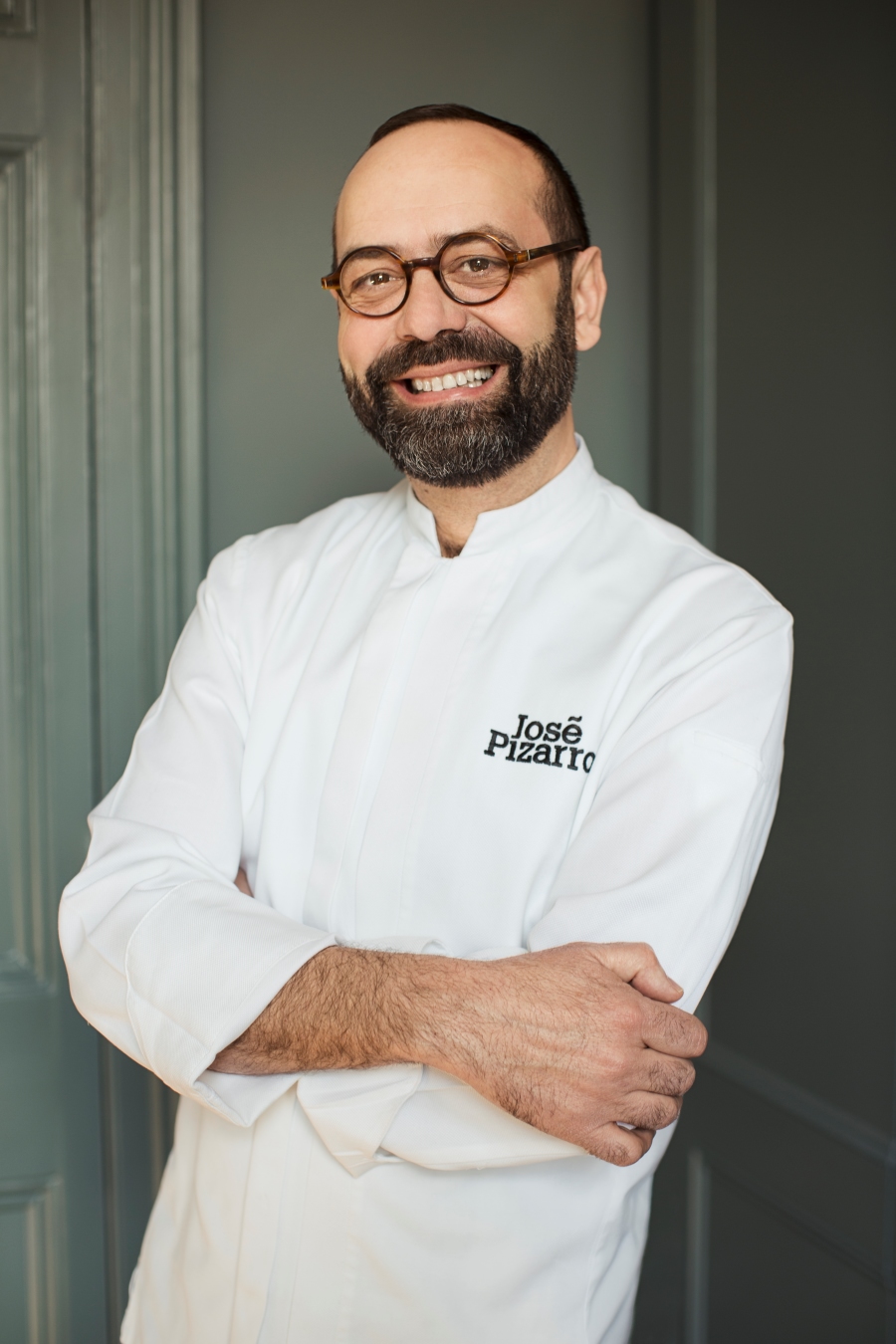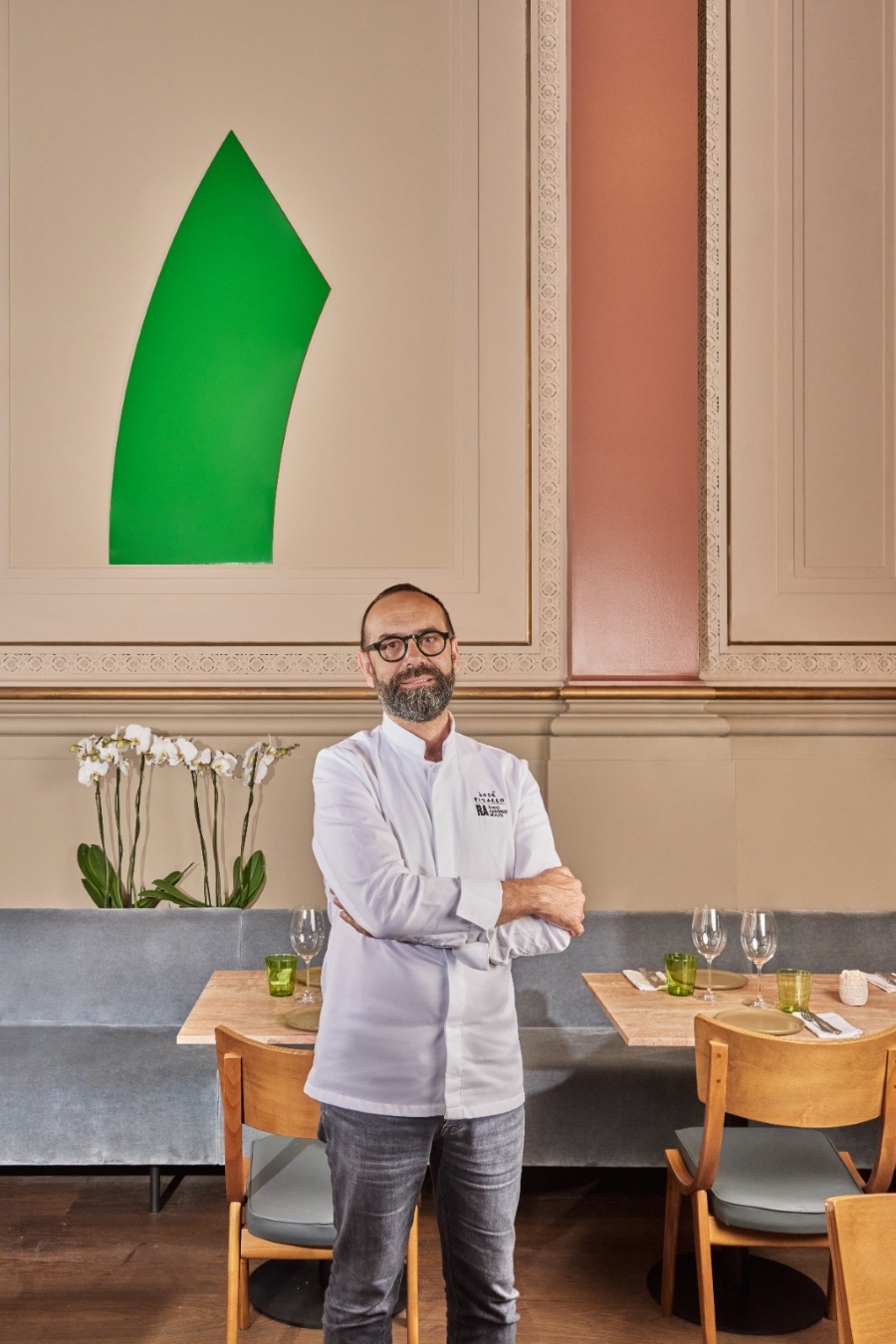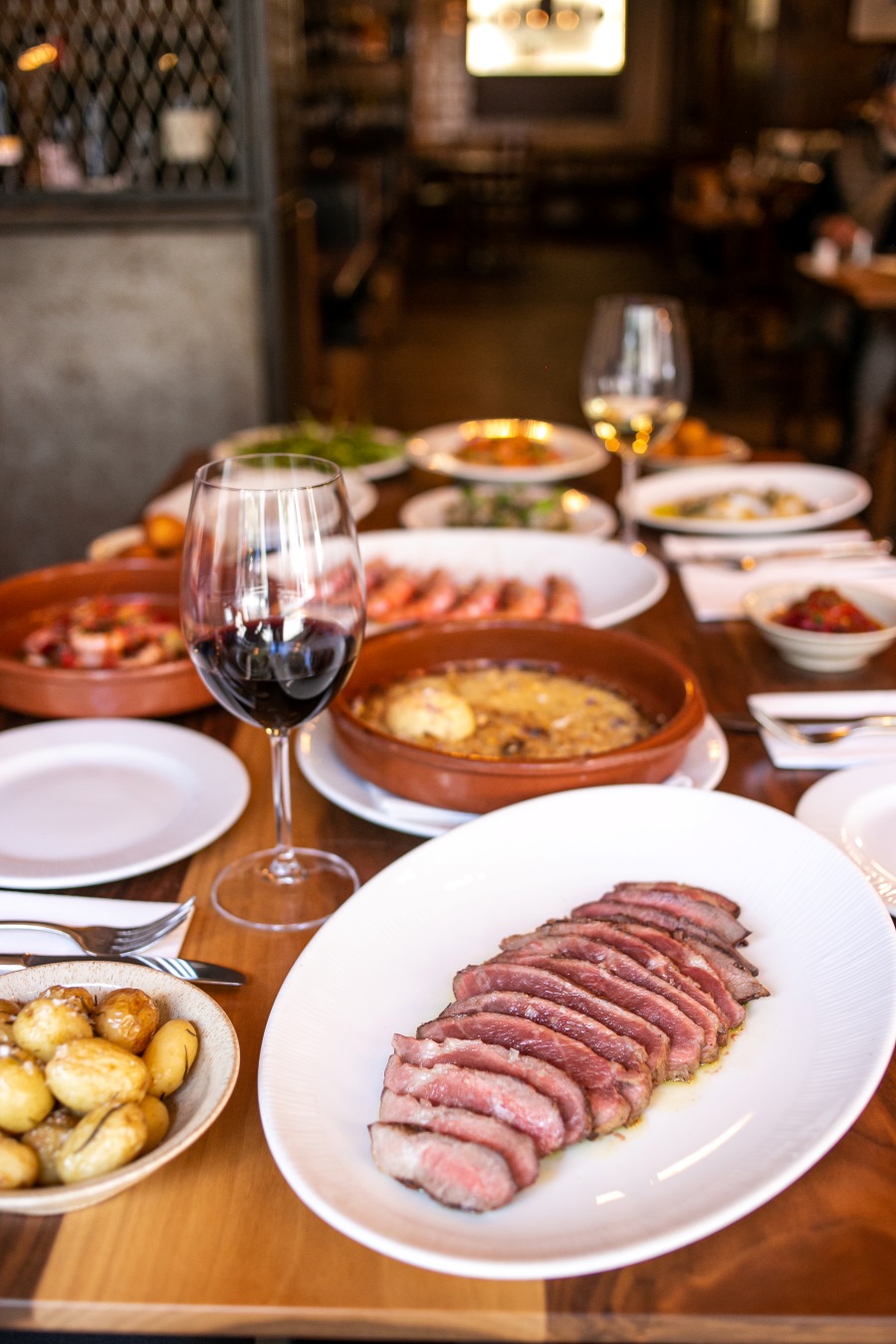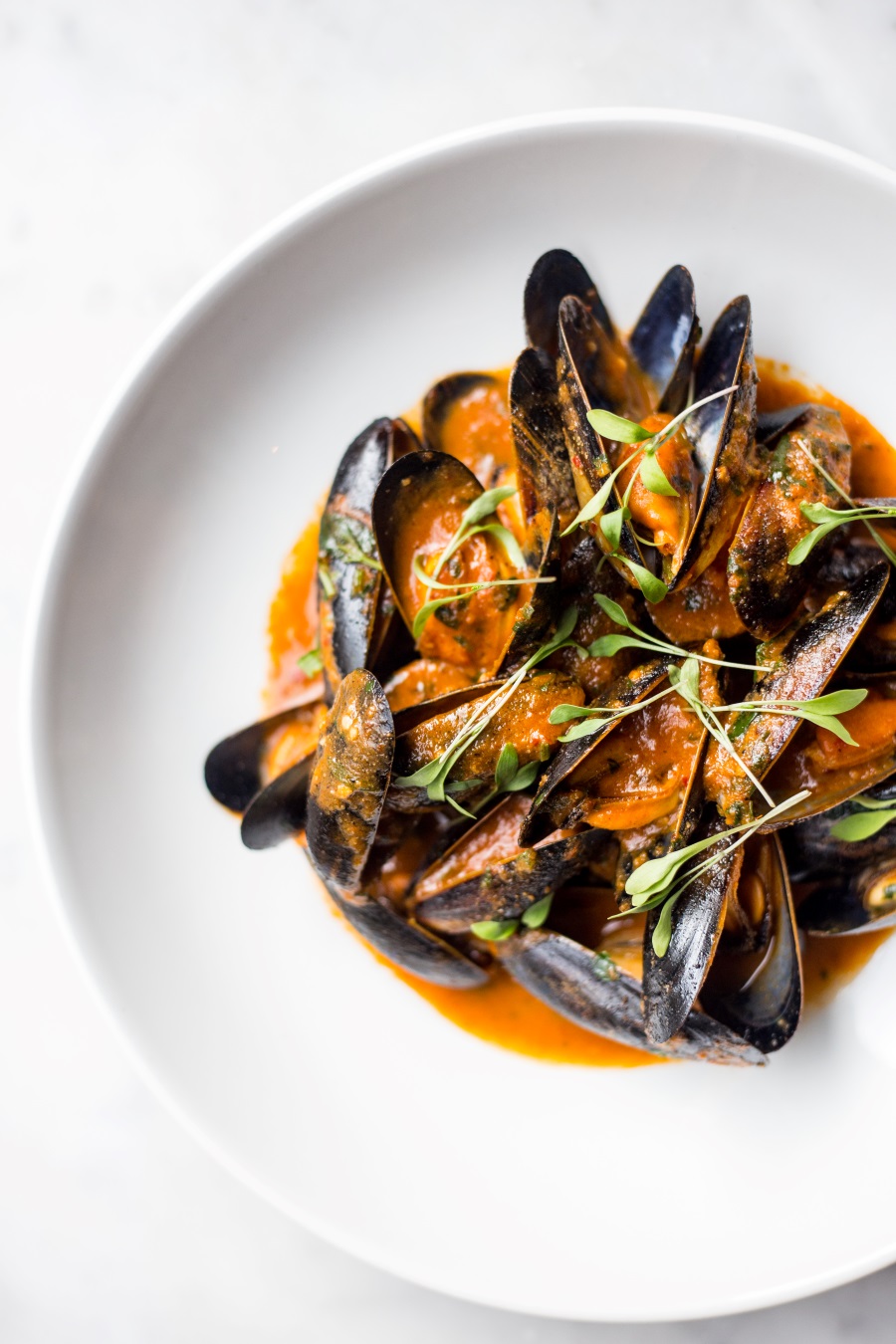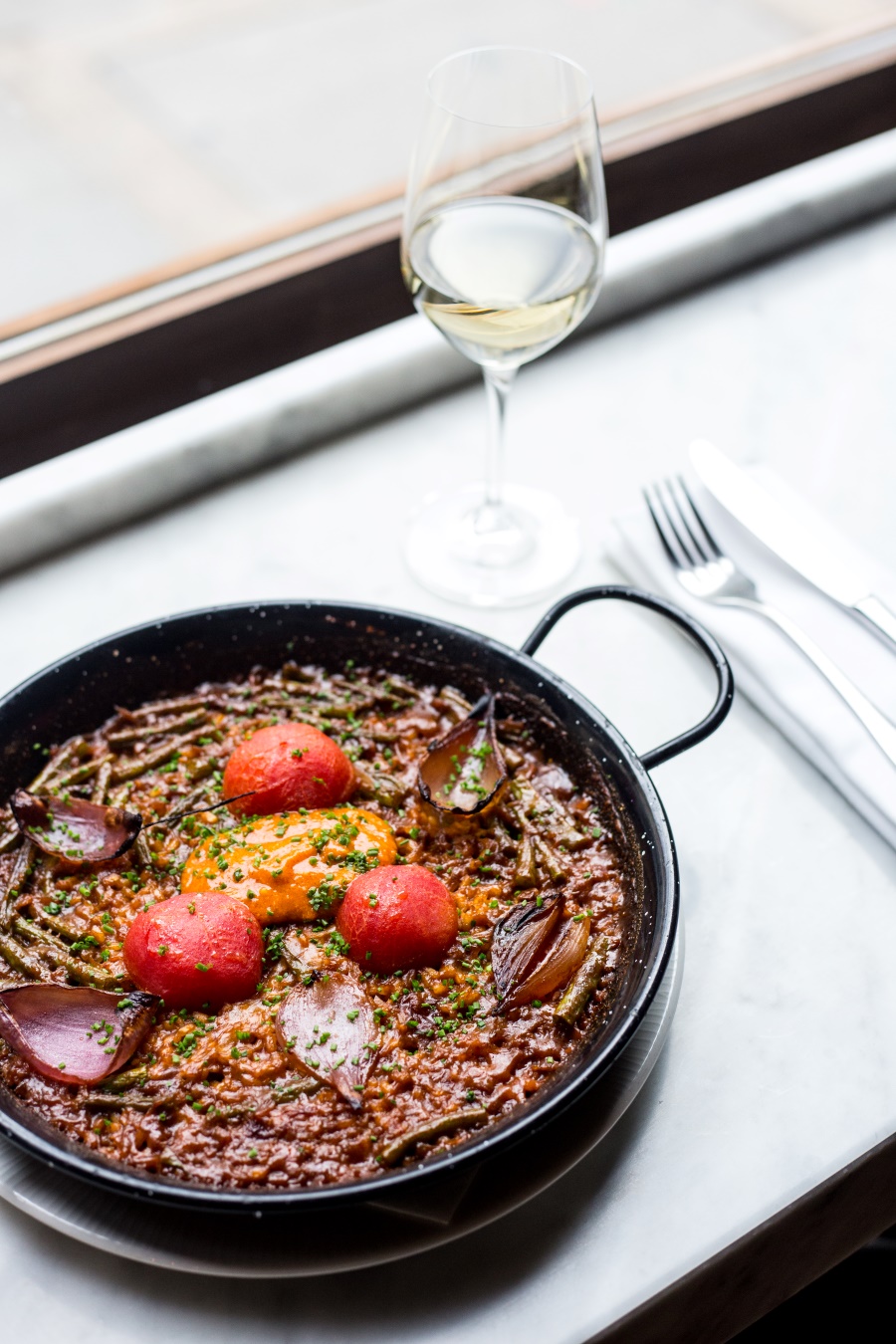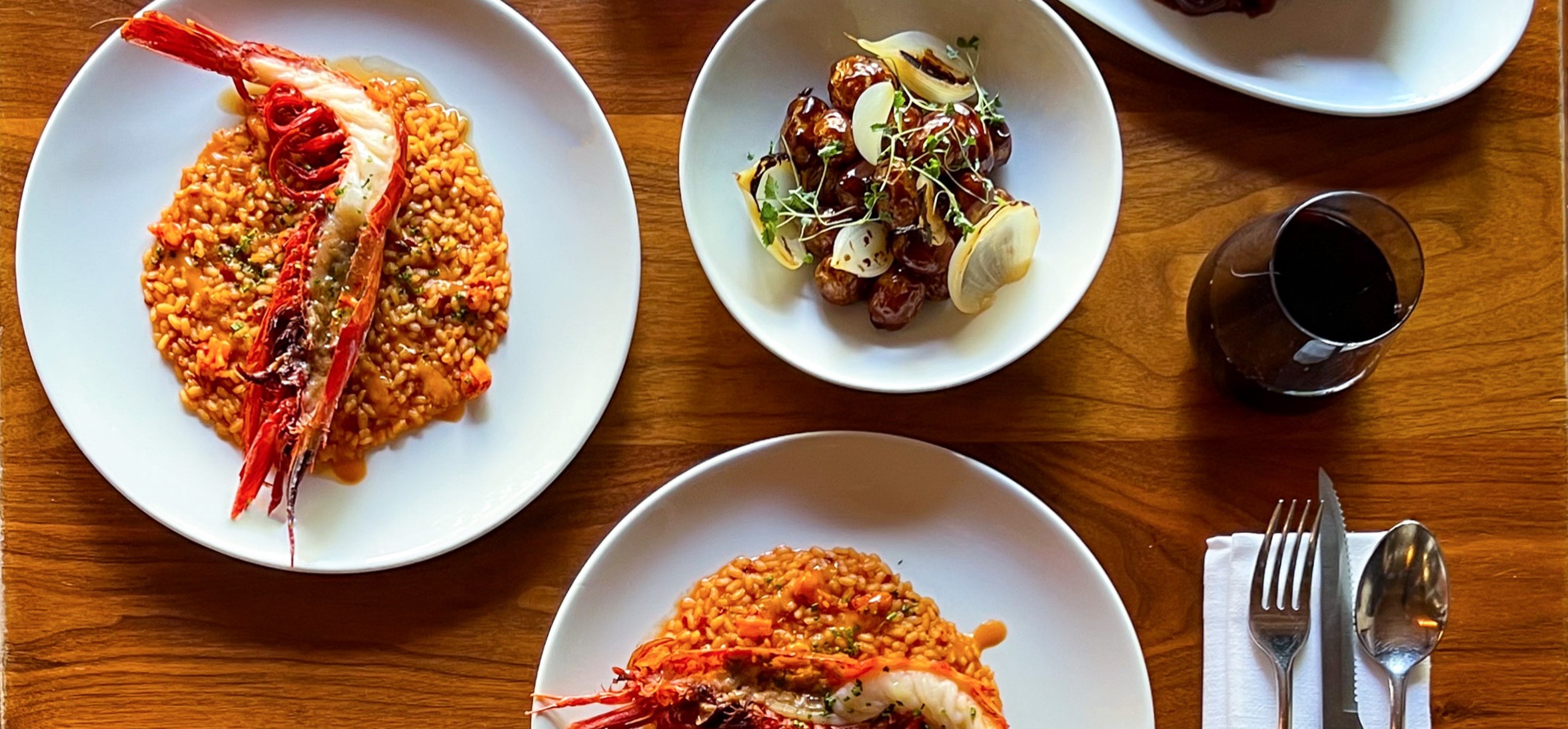
Q&A with star Spanish chef Jose Pizarro: “My mum’s cooking is still the best in the world.”
London-based chef Jose Pizarro grew up in the outermost Western province of Spain known as Extremadura: a land of rolling dark green and ochre hills, covered in olive groves and forests of oak, and dotted with pristine late mediaeval townships of stone. Throughout history, such environments and deep-rooted admirations of tradition have shaped the minds and ignited the passions of great chefs across the world.
We sat down with Pizarro to gain a deeper understanding of his formative years, his journey as a chef, and what brought him to London.
You grew up in Talaván in Cáceres, Extremadura. One regional Spanish cuisine that appears to be shrouded in mystery more than most is your own native region. Can you tell me more about Extremadura and how its own culture has shaped its food?
Extremadura is hot, dry and magical. The heat, plus being so close to the sea, mean we have incredible produce, from tomatoes to peppers — which make pimentón, the wonderfully smoky spice — to prawns and red tuna. My parents farmed our land for decades, and we ate like kings.
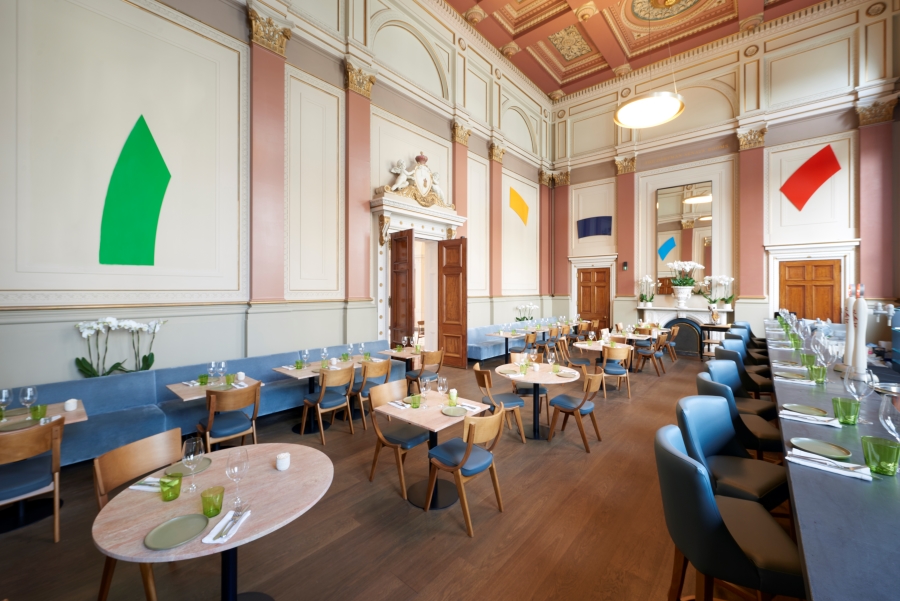 Jose Pizarro at the RA. C. Jason Spoor. Art by Gary Hume RA.
Jose Pizarro at the RA. C. Jason Spoor. Art by Gary Hume RA.Each region of Spain, from Basque to Catalunya, has its own unique culture and dishes. Have you in your career tried to bring this regionality into the broader public knowledge? If so, how and why?
Absolutely! It’s my life’s work to show British diners how fabulously varied Spanish cooking can be. Many of my books have focussed on a particular region too, such as Andalusia or the Basque country. And let’s not forget the beautiful Canary Islands and how magical the cooking is there: Faintly Caribbean in vibes, lots of seafood, and super colourful. And in the north, you have wonderful cheeses and dairy from Asturias, the street food of Barcelona and Madrid, the hearty casseroles of my mum’s cooking, using goat, partridge, rice.
For many chefs, their mum’s, aunties’, or grandma’s cooking had a profound effect on them growing up. Did this have a big effect on your journey to become a chef, and was there any epiphanic memory or moment?
I always say this: my mum’s cooking is still the best in the world. Her kitchen is the restaurant I want to go to for the rest of my life. I am never happier than when I go home and she serves me her crispy chips, cooked in the best olive oil, and a fried egg, with a bit of salt.
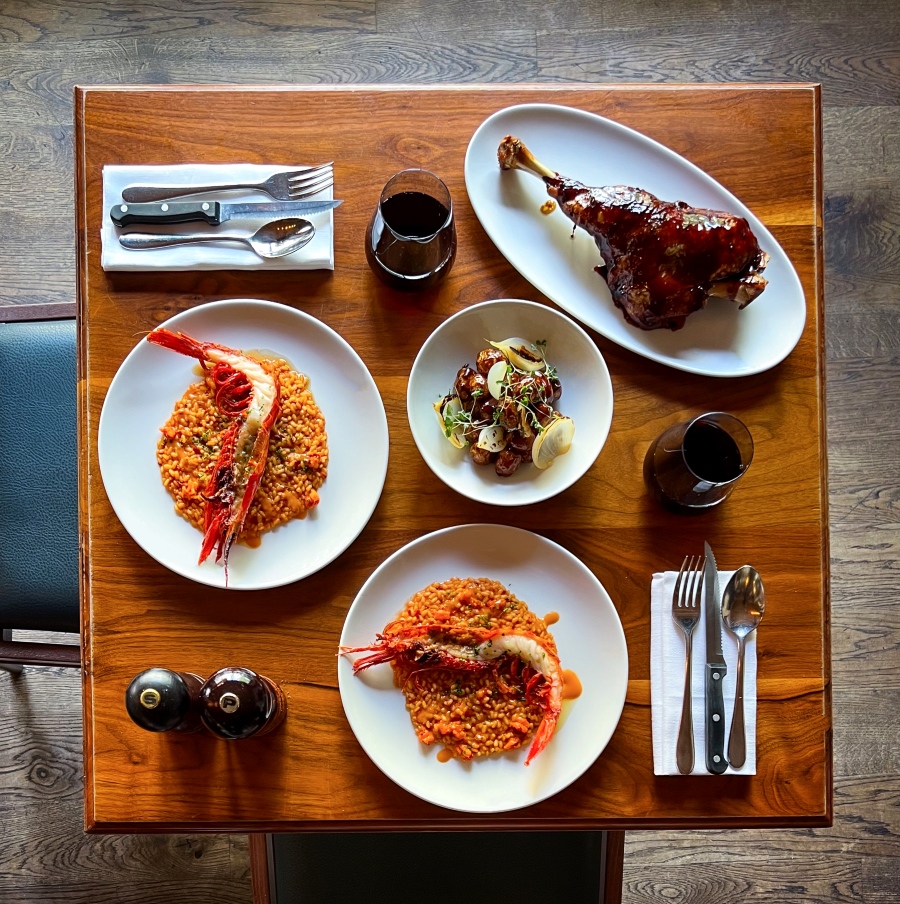 Lamb & Carabineros
Lamb & CarabinerosWhat were the major influences on your culinary journey, such as cuisines, chefs, places, or people?
Definitely my mum. But when I came to London, I worked at Eyre Brothers in Shoreditch, which was a fantastic start to my career. David taught me so much.
Can you tell me a bit about your first job as a chef? The good, the bad and the ugly!
I have nothing bad to say: David was a huge inspiration to me and really propelled me into wanting to do my own thing. He showed me how to behave as a chef and how to run a successful, happy kitchen.

